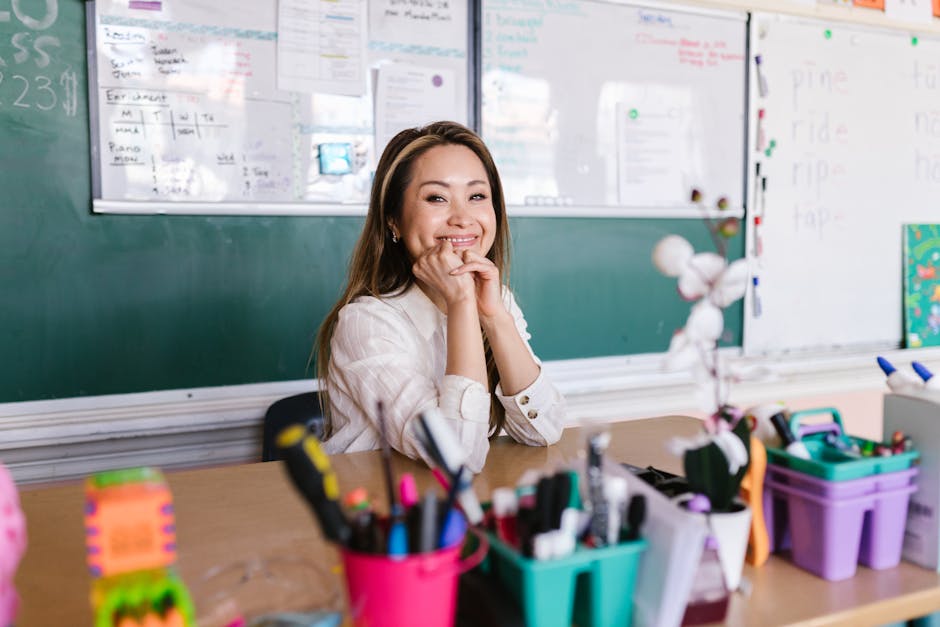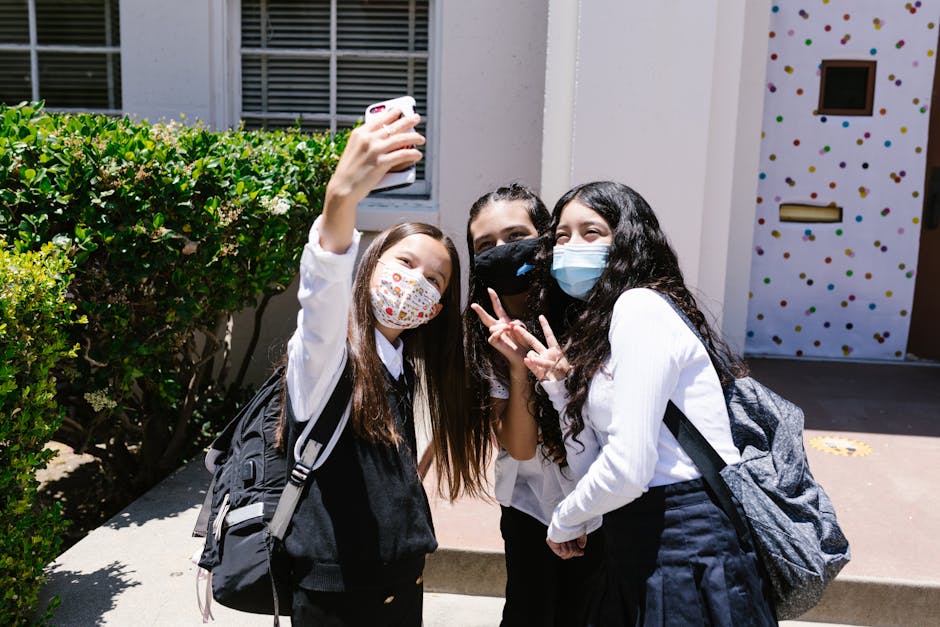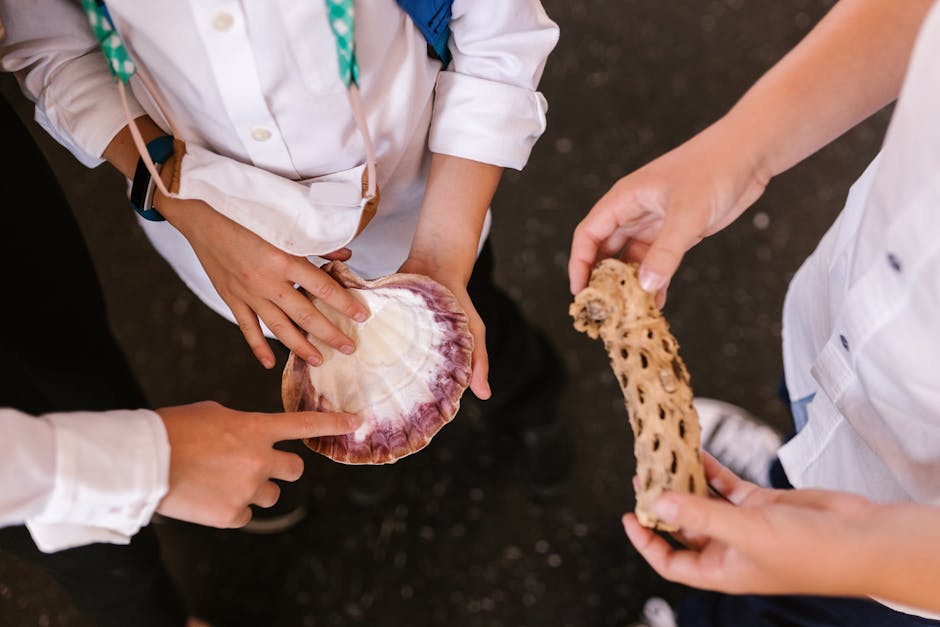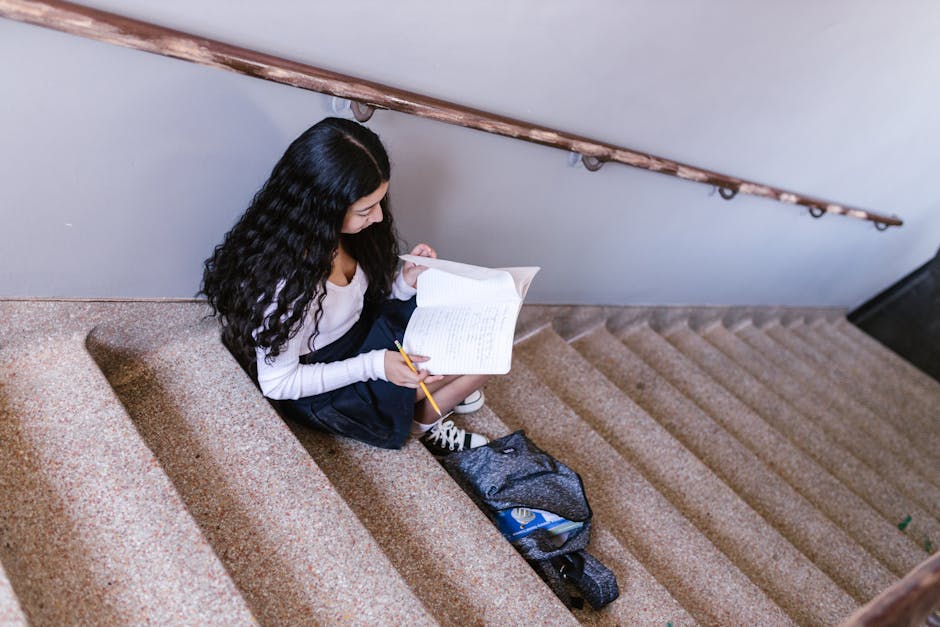Preparations for Gifted First Day Of School
As children head back to school, the first day sets the tone for the academic year ahead. The anticipation of a new classroom, meeting fresh faces, reuniting with old friends, and the excitement over fresh school supplies is half the thrill of this pivotal day. But going back to school isn't just about the kids.
For the gifted children – those who excel academically and display high levels of talent and capacity – it’s vital to ensure a smooth transition. In this regard, gifting them on the first day of school can lay a solid foundation for a successful educational journey. A thoughtful, apt gift not only stirs excitement but also can nurture their unique skills and further cultivate their love for learning.
Through this blog, let's delve into some incredible first-day-of-school gift ideas for the gifted pupils in your life.
Preparations for the First Day
Starting a new school year requires planning to ensure success.
Firstly, schedule a walk around the school: knowing the layout reduces first-day anxieties.
Hand-in-hand with this is getting familiar with the school’s daily routine. This includes break times, lesson times, and pick-up times.
An essential part of preparations involves stationery. Ensure your child has all the necessary supplies: pencils, rulers, erasers, and notebooks. Don't forget about things like gym clothes, school uniforms, lunch accessories, and masks if required.
Try to meet the new teacher before the school year starts. Meeting the person who will guide their learning can alleviate stress and foster good relationships.
Lastly, settle your child into a routine several days before school begins. This will help them hit the ground running once school starts. Start practicing going to bed early and waking up on time to help ease into the school schedule.
Role of Parents in Transition

The role of parents during the transition to a new school year cannot be stressed enough. It is a crucial element in ensuring a smooth and successful first day of school.
Parents are the emotional compass that children rely on, consequently, their reactions and attitudes greatly affect how children perceive the event. A positive, reassuring attitude can help ease anxiety and foster enthusiasm towards embracing this change.
Engaging in open conversations about the new class, educators, and expectations can help in alleviating any fear and confusion. Additionally, ensuring that children are well-prepared with the necessary school supplies can greatly boost their confidence.
Another pivotal role is the establishment of routines. Consistent bedtime and morning routines not only streamline the day but also provide a sense of security for children.
To sum up, parents play an instrumental role in shaping a gifted first day of school. They are the architects of their children’s school experience.
Setting Up Realistic Expectations

Beginning a new school year can often lead to a whirlwind of mixed emotions. As parents, we should set up realistic expectations, tempering anticipation with pragmatism.
Remember, not every child will excel from day one. School experiences can vary immensely and children will adjust at their own pace. Stressing this point can alleviate undue pressure.
Try to instill a sense of resilience. There will be victories, but also setbacks. The journey is about learning, growing, and persisting despite difficulties or challenges.
Chat openly with your child about their school experiences without becoming invasive. Show genuine interest, but let them have their own space and independence too.
Managing expectations not only paves the way for a healthy approach towards academics, but also aids in the development of a well-rounded individual. With every new school year, we're also teaching our children important life lessons beyond textbooks.
Ease Anxiety with Familiarization

One effective strategy to ease anxiety on the first day of school is familiarization.
Prior to the big day, visit the school with your child. Explore the surroundings together, locate their classroom, and get acquainted with the playground. This helps eliminate any fear or anxiety related to the unknown.
Consider arranging a meet and greet with your child's teacher, if possible. Knowing who their teacher will be, even if just by sight, can provide significant reassurance.
Familiar routines are also crucial. Establish clear morning and bedtime routines before the school year starts. This will help your child feel in control and confident about the flow of their daily life.
Remember, familiarization lays the foundation for comfort, making your child's first day of school a much smoother experience.
Socialization Advice for Gifted Kids

Helping your gifted child transition into a new school year is more than just gathering school supplies. It's crucial to provide guidance on socialization.
Gifted children often feel different than their peers, which can make socializing challenging. Encourage your child to find common ground with their classmates and participate in group activities. This can help them to better relate to their peers.
Instruct them that it's okay to be different and that everyone has their unique strengths and weaknesses. Highlighting this can aid them in respecting diversity.
It's also a good idea to have your gifted child join clubs or groups that focus on their interests. This can serve as a gateway for meeting likeminded peers thus boosting their social skills. Remember patience is key in helping your gifted child navigate through social dynamics.
Supportive Classroom Environment

Creating a supportive classroom environment should be on top of every teacher's priority list. A positive atmosphere not only welcomes students but also stimulates learning and fosters a sense of community.
One way to cultivate this environment is by showing a genuine interest in each student's ideas. Encourage open communication, allow them to voice their thoughts, and always validate their feelings.
Also, incorporating cooperative learning strategies can significantly build stronger relationships among students. Group work nurtures skills in collaboration and empathy, creating a harmonious classroom environment.
Lastly, remember to always acknowledge their achievements, no matter how small. Rewarding students reinforces positive behavior, making them feel valued and appreciated.
In doing all these, we help students ease their first-day nerves and make them look forward to the fruitful school year ahead.
The Importance of Teacher-Student Connection

As we dive headfirst into another academic year, it's vital to remember the power of interpersonal connections - particularly the bond between teacher and student.
The significance of this relationship can't be overstated; it forms the bedrock of the educational journey. After all, it is through this bond that students feel valued, seen, and encouraged to spread their intellectual wings.
With the rush of syllabuses and book lists, it's pivotal to make time for human connection. Teachers have a strategic role in this - it's in their hands to foster an environment conducive to open communication, nurturing trust, and cementing mutual respect.
But it's not just the teacher's responsibility. Students, too, can take action to cultivate this crucial connection. Open dialogue, respect for individuality, and a mutual passion for learning – all contribute to cultivating this important bond.
Ultimately, a strong teacher-student relationship lays a solid foundation for a lifelong love of learning.
Maintaining Communication with the School

Maintaining an open line of communication with the school is a crucial part of your child's academic success. Regularly check in with teachers to understand your child's progress and any potential areas of concern.
Use a variety of channels to communicate like emails, phone calls, or school portals. Attending parent-teacher meetings is also essential as it provides a chance for face-to-face discussions about your child’s performance.
Furthermore, be proactive in learning about school policies, events, and updates. This showcases your involvement and concern for your child’s educational journey.
Remember, maintaining communication with the school is not just about receiving updates, but actively engaging in your child's academic life.
